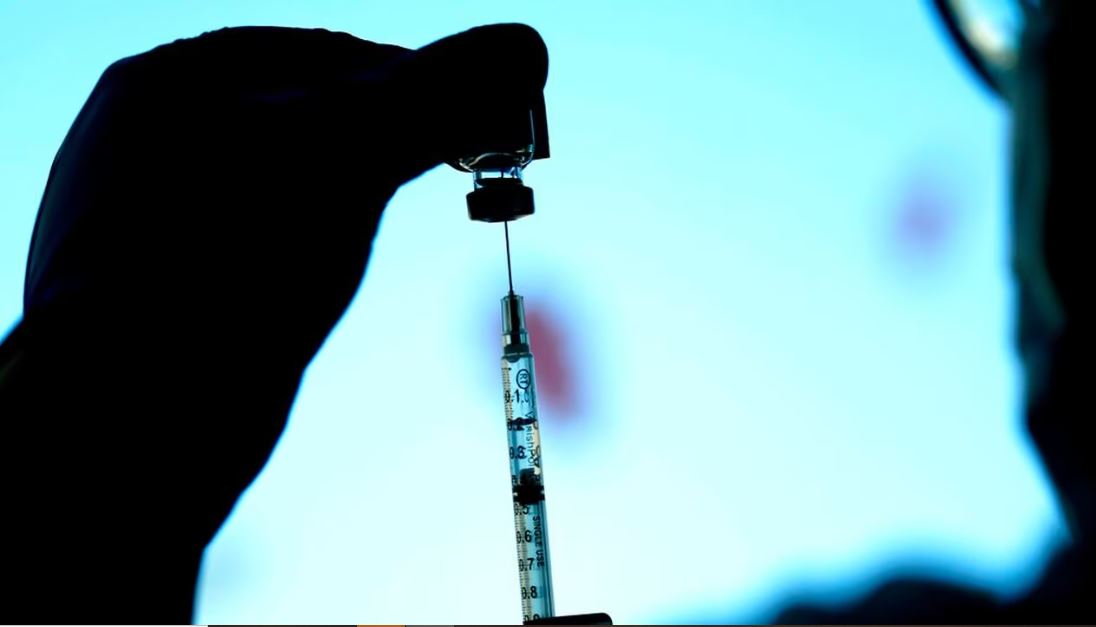Covid XBB 1.5 Variant: The Covid-19 pandemic has brought the world to its knees, and just when it seemed like we were making progress in controlling the spread of the virus, new variants emerged. The latest variant of concern is the Covid XBB 1.5 variant, which has been reported in several countries.
Symptoms – Covid XBB 1.5 Variant
The symptoms of the Covid XBB 1.5 variant are similar to those of the original Covid-19 strain and include fever, cough, fatigue, shortness of breath, loss of taste or smell, body aches, and sore throat. In some cases, individuals infected with the virus may also experience gastrointestinal symptoms, such as diarrhea and vomiting.

Treatment for Covid XBB 1.5 Variant 2023
Currently, there is no specific treatment for the Covid XBB 1.5 variant, and medical experts recommend treating it the same way as the original Covid-19 strain. This includes managing symptoms and preventing complications. Individuals infected with the virus are advised to seek medical attention immediately, and healthcare professionals will provide supportive care, such as oxygen therapy, fluid management, and pain relief.
Available Cases
The Covid XBB 1.5 variant was first identified in late 2022 and has since been reported in several countries, including the United States, the United Kingdom, India, and Brazil. As of March 30, 2023, the total number of cases of the Covid XBB 1.5 variant is not yet available, but the World Health Organization (WHO) and other health agencies are monitoring the situation closely.
Severity for the Covid XBB 1.5 variant
The severity of the Covid XBB 1.5 variant is not yet fully understood, but preliminary data suggests that it may be more transmissible than the original Covid-19 strain. However, there is no evidence to suggest that it is more severe in terms of illness or mortality rates.
Check Covid XBB 1.5 Variant 2023
Note: The emergence of the Covid XBB 1.5 variant in 2023 is a cause for concern, but it is important to remain vigilant and take steps to protect yourself and others. This includes following public health guidelines, getting vaccinated, and seeking medical attention if you experience any symptoms. Health agencies are closely monitoring the situation and will continue to provide updates and guidance as the situation evolves.

